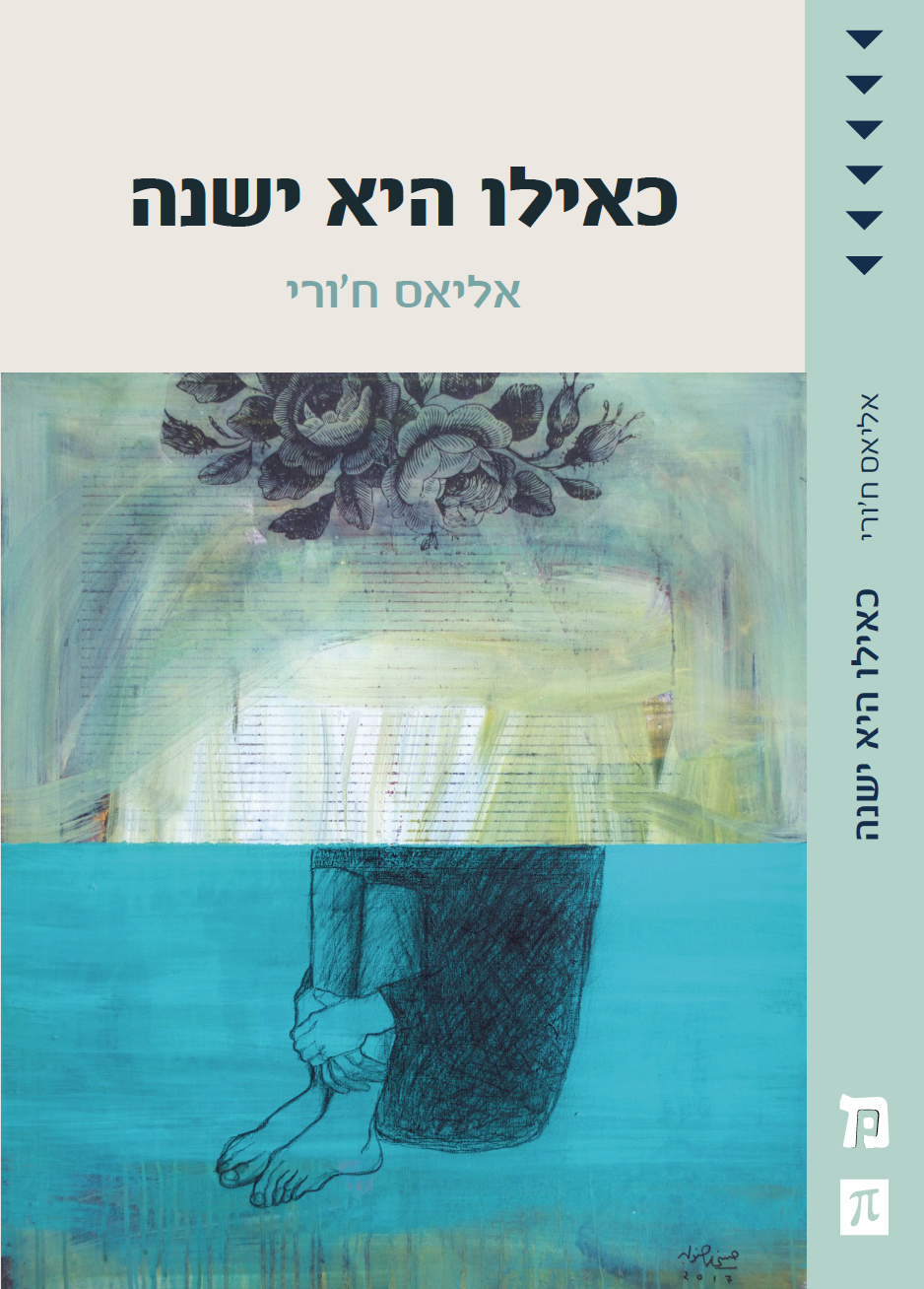

كأنها نائمة
As If She Were Sleeping
Elias Khoury
The old monk told Milia that his grandfather had in his possession a secret manuscript he’d stolen from the Italian abbot Benecci, the head of the Franciscan monastery in Nazareth, in which the true story of Joseph the carpenter appeared. There it stated, among other things, that God had assumed Joseph to Heaven ten years before the crucifixion of his son. He told her that Joseph the carpenter had been erased from the story because Paul, the author, did not understand the nature of the relations between the son and the father.
“So it is written in the Syriac Gospel that I inherited from my grandfather… Come to me tomorrow to the cave and I will read it to you.”
“But I don’t understand Syriac,” she said.
Is the strange Lebanese monk, who has a Palestinian kerchief tied to his waist, in a state of dementia, as Milia’s husband, Mansour, claims, or does he not exist at all outside the realm of dreams and delusional visions in which she is immersed most of the time? And perhaps some deeper truth is crystalizing precisely in the twilight zone between reality and dream, between the actual and the symbolic, as emerges from her most recent chilling vision?
Through this chimeric mirrored discourse, the novel As If She Were Sleeping is revealed to be one of the most important social literary works of Elias Khoury. It is a voyage to the foundations of consciousness of the Lebanese and Palestinian middle class, from the middle of the nineteenth century to the middle of the twentieth. Through the half-closed eyes of the novel’s heroine, he depicts with renewed sobriety the cultural richness of al-Sham, the Levant, the area that extended between the open borders of Lebanon, Palestine, and Syria; women’s oppression alongside their quiet power; and the boundaries of Palestinian politics a moment before the catastrophe.
Translation: Yehouda Shenhav-Shahrabani | Translation editor: Kifah Abdul Halim | Literary editor: Dafna Rosenblit |
Copy editor: Amira Binyamini-Nevo
Purchase